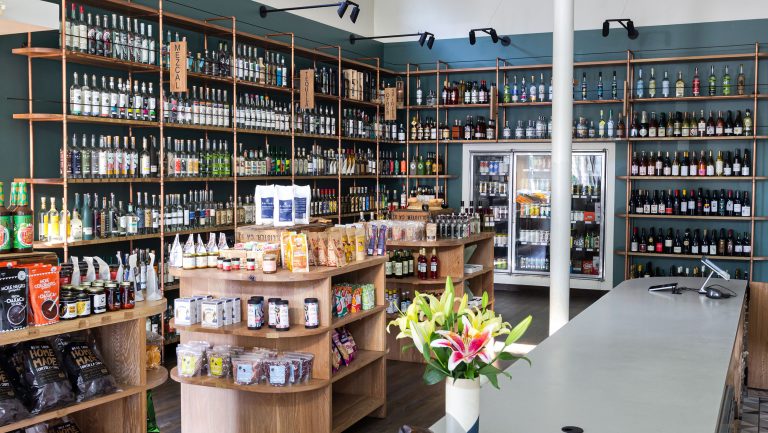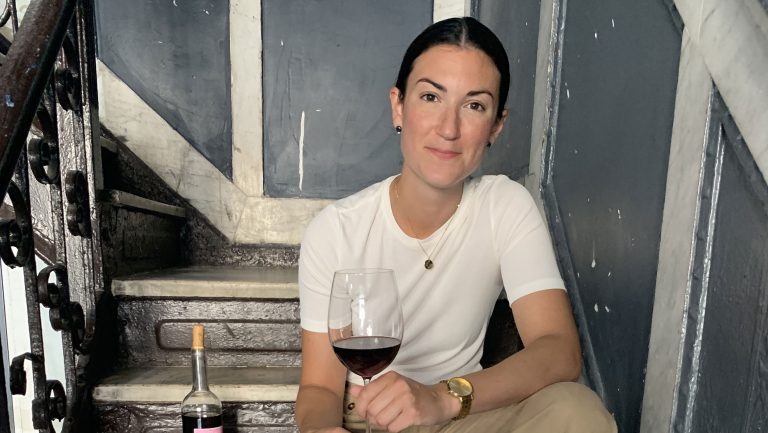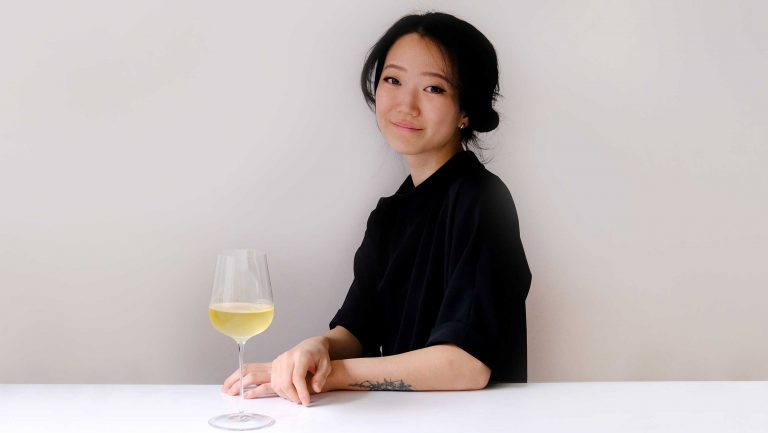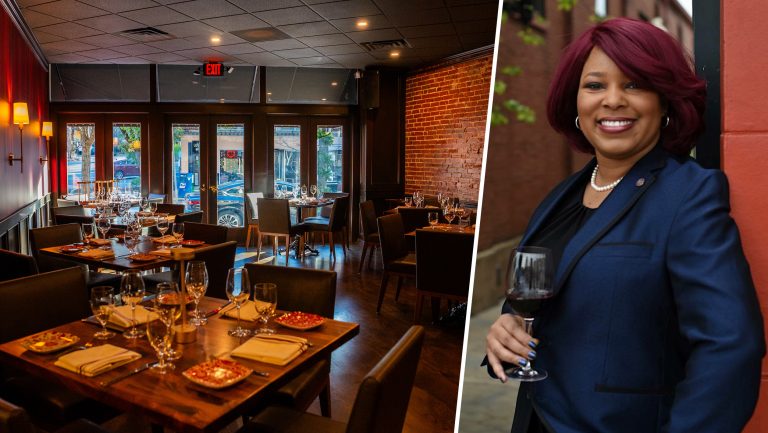For Steven Sadri, the co-owner of Tahona Mercado, the fate of tequila is a cautionary tale. A victim of its own success amongst U.S. consumers, the enormous demand and power of celebrity-backed brands led to a market dominated by mass-produced labels and production standards in Mexico dropping, all of which has devastated many small producers.
When Sadri opened his first place in 2018—Tahona Bar in San Diego, along with a group of fellow mezcal enthusiasts—it was to support the tradition and culture of small-scale mezcaleros. It was early days in America’s embrace of mezcal then, and their 120-bottle list was amongst the biggest in the U.S. The goal was “to be a platform for all these small producers across Mexico that are still making stuff they’ve been making for generations, but didn’t have the same marketing campaign as George Clooney or Eva Longoria or The Rock,” he says.
Then, during the pandemic, many of the producers Sadri stocked at Tahona were hit by the wave of restaurants which shuttered; he wanted to create “a place, another platform that is entirely focused on these small producers.” Tahona Mercado is that place, an extension of Tahona Bar, located in San Francisco’s Nob Hill. It was opened with his wife, Emily Sadri—who he met at the now-shuttered Mexican restaurant Cala, where he first honed his knowledge of the spirit—and Marsilio Gabuardi, also a Cala alum.

Don’t miss the latest drinks industry news and insights. Sign up for our award-winning newsletters and get insider intel, resources, and trends delivered to your inbox every week.
It’s more than a craft agave spirits specialist store (beyond mezcal, they also stock tequila, sotol, raicilla, bacanora, etc.); Tahona Mercado also sells small-batch Mexican pantry items and offers seasonal Mexican dishes in the deli, produced by nonprofit La Cocina, a culinary incubator program for women, immigrants, and people of color.
Sadri’s deep understanding and abiding love of the agave spirits category came from his time in Tahona Bar’s tasting room. “I started to be able to pinpoint commonalities like a sommelier would in the wine world, as far as certain types of yeast that may be found at certain elevations that may lead to certain flavors, like lactic, and cotija,” he says. He started being able to recognize what he calls “the hand of the maker” in the mezcals, as a “common thread between expressions that adds another layer of understanding.”
At Tahona Mercado they can’t pour tasters due to licensing limitations, so Sadri relies on his internal “encyclopedia” of agave spirits to navigate both the mezcal-curious customer and the aficionado to the next stage of their discovery journey through their collection of brands.
In December, Tahona Mercado launched a quarterly subscription mezcal program, which is a way to directly support the families and producers that they work with by buying entire batches of mezcal from them to offer their subscribers. The program also includes invites to special chef’s table mezcal-pairing dinners and live tasting events. This is a new part of the business model and one they plan on growing to offset the seasonal fluctuations in sales that any retail store experiences.
The goal through it all remains the same: “To make sure that these small producers can produce the way they have, and don’t get pushed out of the category or forced into producing a certain style that is made for the masses, like we have seen, unfortunately, in the tequila industry.”
Here Sadri highlights five bottles from their collection of varying complexity, from a mezcal that he might offer a customer new to the category up to expressions suitable only for the more seasoned agave spirits drinker. (Listed are retail prices at Tahona Mercado.)
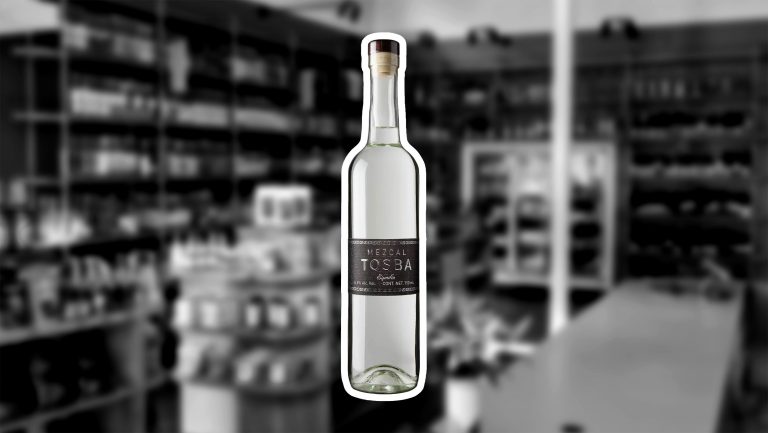
1. Tosba Espadin, Mezcal Tosba, Oaxaca; $60
“One of my all-time favorites to get people that don’t love mezcal into it,” says Sadri. Made from Espadín agave, which can take up to 10 years to grow, “it’s produced in the jungles of Oaxaca, off the grid,” he says. Thanks to the tropical environment, the yeast comes from a lot of the surrounding fruits leading to the brightness of the expression.
Mezcal Tosba was founded by two cousins from San Cristóbal Lachirioag in Oaxaca, who had emigrated to California, to support the disappearing mezcal production tradition in their home region and bring new economic opportunity. Produced by Edgar Gonzalez, it has “bright, citrus high notes, with this beautiful creaminess on the finish,” says Sadri. “I get transported back to my visit over there. We love this producer. He produced a private batch for my wife and I for our wedding a few years back.”

2. Don Amado Rústico, Mina Real, Oaxaca; $65
With 11 generations of continual mezcal distillation, the Arellanes family has been making mezcal in the highlands of southern Mexico since the late 1700s. Don Amado Rústico is Mina Real’s flagship expression, double distilled using clay pot stills.
“Clay pot expressions can be pretty high up in the price point, because a lot of the time they’re done in an ancestral style, hand crushing with a wooden mallet and using wild agaves that take 15 years to grow, or longer,” says Sadri. “But this expression [uses] cultivated Espadín that they grow themselves and then industrial shredding. That way they’re able to get the price point a little more approachable.”
With an earthy profile, notes of savory spices, and a clean mineral finish, Sadri recommends this for use in cocktails, such as an Oaxacan Old Fashioned or a Paper Plane.
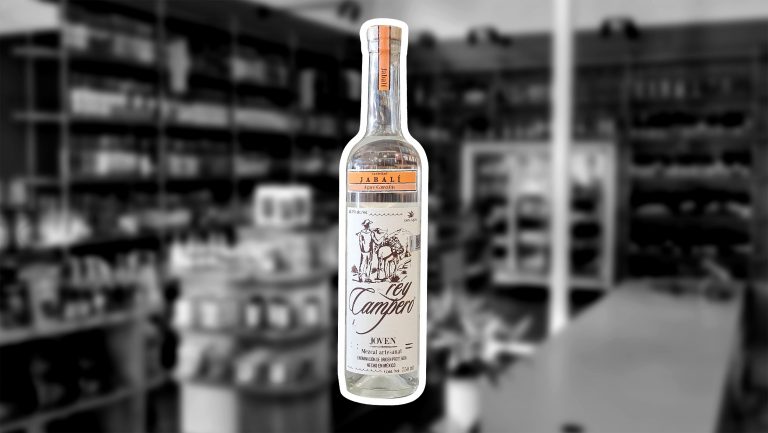
3. Rey Campero Jabali, Rey Campero, Oaxaca; $129
Sadri says this expression is best suited to a drinker who’s advanced in their mezcal journey and trying to figure out where to go next. Rey Campero hails from Candelaria Yegolé, a small town in the southern highlands of Oaxaca, and is representative of its community, dedicated to the culture and production of artisanal mezcal. “This producer, Romulo [Sanchez Parada], I absolutely love,” says Sadri. “He’s got what I would consider a heavy hand, meaning that his mezcals are true to historic flavors. They’re long finishes. Never would I recommend this for somebody that’s first dipping their toes in the mezcal category.”
It features Jabalí agave, which many master distillers won’t work with because of the challenges of fermenting it. “It has a lot of this steroid called saponins, which is in fancy organic soaps, and so will literally cause the same action in your fermentation tanks,” says Sadri. Not only is there a risk of foaming and even explosions, but if distilled at the incorrect temperature, the liquid will come out tinted and therefore fail the certification test. But if executed correctly, it creates a complex, bright, and vegetal spirit. “This one’s like salty butter,” says Sadri. “It’s got its own cult following [amongst] agave nerds in the industry.”
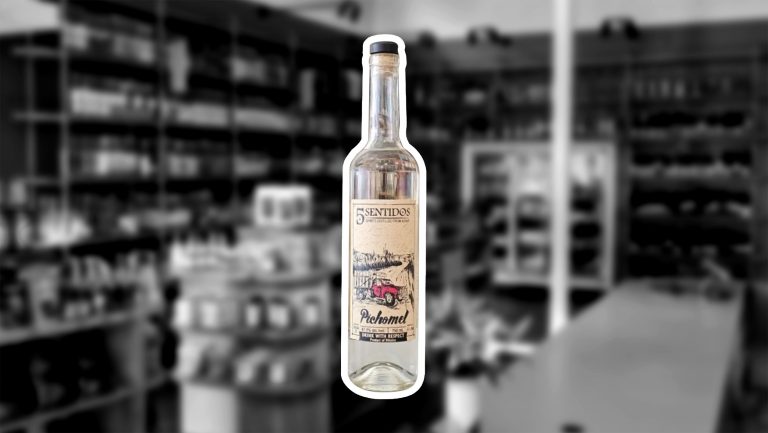
4. Cinco Sentidos Pichomel Tahona Exclusive Batch, Cinco Sentidos, Puebla; $155
El Destilado in downtown Oaxaca became so well regarded for its range of rare and obscure mezcals, that, in 2015, the founders launched Cinco Sentidos as a brand; rather than distill their own mezcal, they work with small-scale master mezcaleros from different regions to produce micro batches of now highly sought-after mezcal—though it’s uncertified, therefore labeled as an agave spirit.
This expression comes from a producer in the state of Puebla, made with wild-harvested Pichomel agave that can take between 15 and 25 years to mature. While Cinco Sentidos only ever makes small batches, this one is even more exclusive: of the 100-liter run bottled in December 2023, half has been allocated to Tahona Mercado and Tahona Bar, with the rest going to El Destilado. “It’s like nothing you’ve ever had,” says Sadri. “Honestly, it’s almost like strawberries and cream with this peppery finish.”
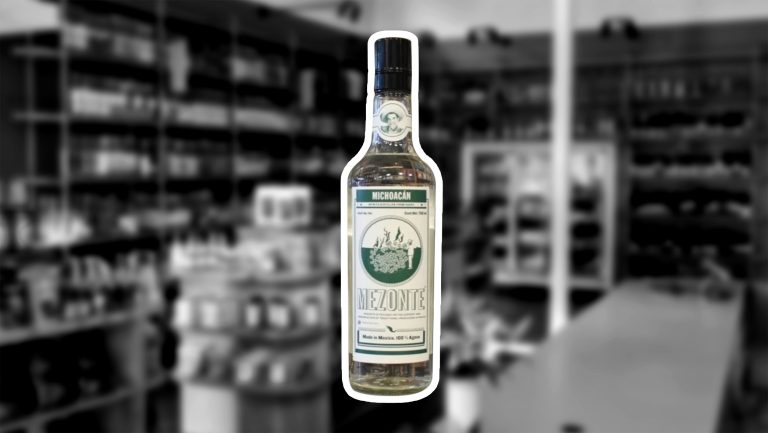
5. Mezonte Jorge Perez, Mezonte, Michoacán; $177
Mezonte is an organization dedicated to preserving and promoting traditional mezcal culture, featuring agave spirits from all over Mexico, but particularly from Jalisco and Michoacán—where this expression comes from. Made with Alto agave, which can take between 10 to 15 years to grow, it’s cooked in a shallow brick oven, fermented in brick with about six liters of pulque, and distilled in a hollowed out tree trunk with a copper top.
The work of master distiller Jorge Perez—“another one of my all-time favorite producers coming from Michoacán,” says Sadri—the first batch imported into the U.S. was just 285 liters. “This expression is incredible,” says Sadri. “It smells like cucumber, cotija, or parmesan cheese; it tastes like green apples. It’s so crushable, yet so complex. It’s worth every penny.”

Dispatch
Sign up for our award-winning newsletter
Don’t miss the latest drinks industry news and insights—delivered to your inbox every week.
Tyler Wetherall is the senior editor for SevenFifty Daily and the Beverage Media Group publications. Her drinks journalism has appeared in publications including Punch, The Guardian, Condé Nast Traveler, Thrillist, and The Spirits Business, which awarded her the Alan Lodge Young International Drinks Writer of the Year. Tyler is also the author of No Way Home: A Memoir of Life on the Run, and her first novel, Amphibian, is forthcoming. Follow her on Instagram at @tylerwrites.

